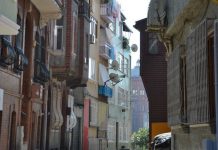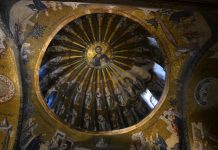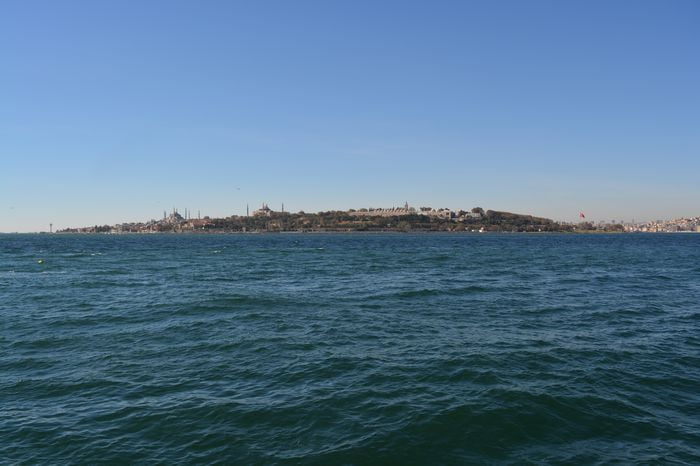To my astonishment, he displayed extraordinary pleasure, and when I asked him why, he replied: ‘Because if you must know, I have heard many complaints about the fellow before and now . . .’, but here I broke in (actually I was afraid he might give way to violence and burst into a rage against the man): ‘Well, since he is dead, let the accusations against the man die too. It would be well for his detractors to forget it, for all hatred perishes when a man meets his end.’
Constantine promoted his brother John**249 to the dignity of Caesar. He showed great affection for him, especially after his elevation, and shared with him the administration of the Empire. This was not surprising, for the brother was endowed with wisdom. He was, moreover, a man of high ideals and great practical ability.
It was natural, then, that when the emperor (some time before his death) fell victim to a serious illness, he should place under John’s tutelage his own children. John was to be a father to them, together with the man whom Constantine himself had appointed Patriarch.**250 The latter gentleman was a person of great virtue and thoroughly suited to be Head of the Church.
However, the emperor recovered from that illness, though it was not long before there were signs of physical decay and he gradually declined. On this occasion he entrusted all his duties to his wife, Eudocia. In his opinion, she was the wisest woman of her time and he thought that no one was better qualified to educate his sons and daughters. Later on in the history I will give a more detailed account of Eudocia. Constantine himself did not long survive the administrative changes that I have mentioned, and after committing the children to her care, he died.**251 He had lived slightly over sixty years.
I doubt whether any other emperor lived a life more glorious, or died more contented. Apart from the one conspiracy against his life and the disaster from which he was saved, the rest of his reign was spent in tranquillity and pleasure. What is more, he left behind sons to succeed him on the throne, sons who were the living image of their father, resembling him both in character and in physique.
Depriving them of honour or money
Having given an adequate account of his deeds, let us now record a few of his sayings.**252 When speaking of those who had plotted against him, he used to remark, that far from depriving them of honour or money, he would treat them as slaves, not as free men. ‘But it is not I who have taken away their freedom: it is the law that has exiled them from their country.’ He was a keen student of literature and a favourite saying was this: ‘Would that I were better known as a scholar than as emperor!’
He was a valiant fighter himself, and when someone professed that he would gladly shield the emperor with his own body in battle, Constantine answered: ‘Bravo! and please don’t forget to deal me a blow yourself, when I have fallen!’ To a person who was making a careful study of the laws, so that he might do some wrong with impunity, he remarked, ‘These laws are the ruination of us!’ With that I end my account of this emperor.
Read More about Exiles cannot share in such pleasures









[…] Read More about Accusations against the man […]